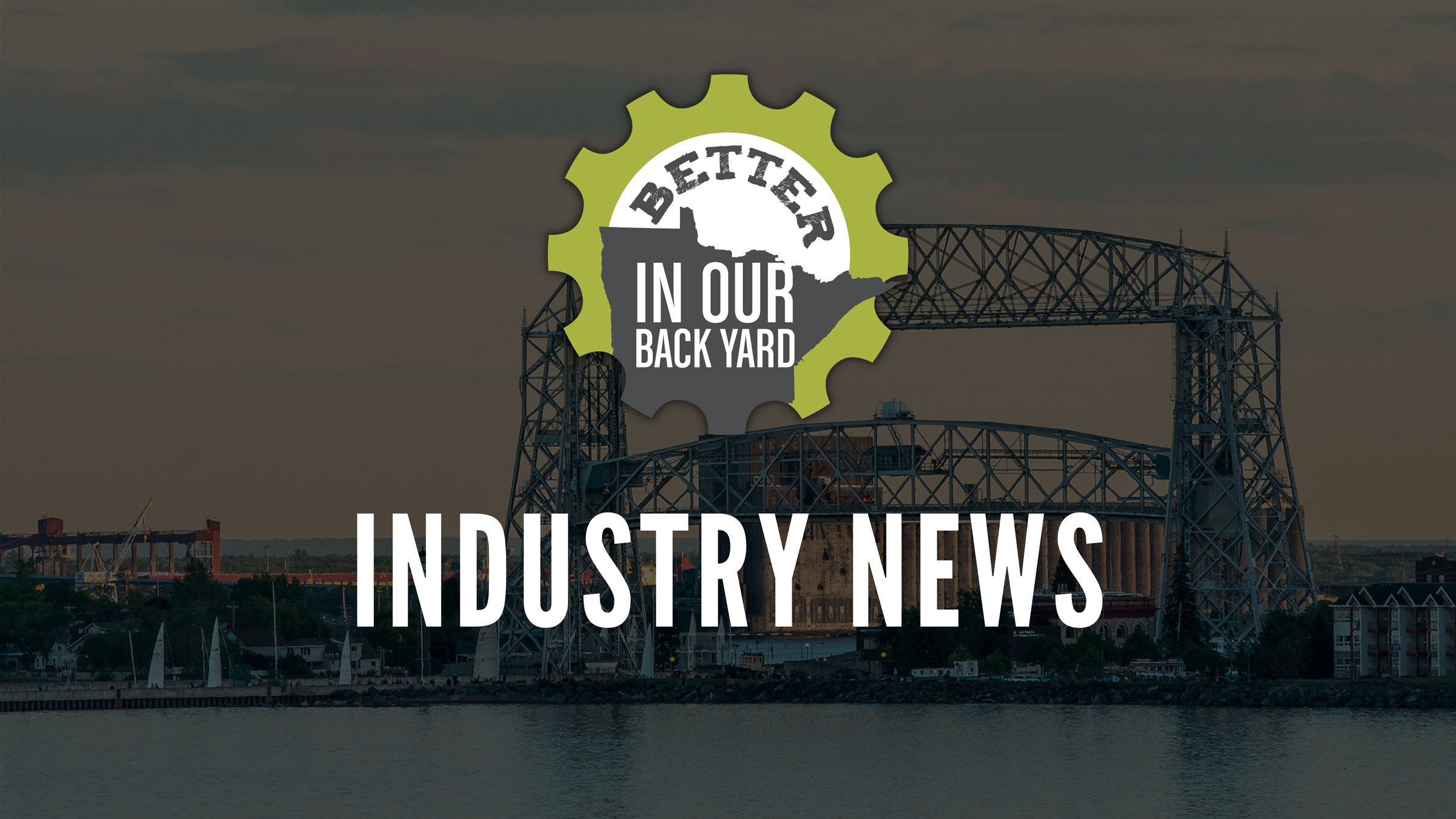Yet again, PolyMet NorthMet project opponents continue to twist information to misinform the public and their supporters.
The latest jab involves the US Army Corps of Engineers’ decision to suspend PolyMet’s wetlands permit during the EPA’s 90-day review. This is part of an EPA process currently underway to review downstream water quality under the Clean Water Act. PolyMet has been cooperating fully in this review process.
There have been six state and federal cases over the past several months regarding various NorthMet permit decisions. To date, PolyMet has received favorable decisions in all six cases that have reached a final conclusion – four federal and two state.
Better in Our Back Yard is confident the outcome of this process will be no different.
